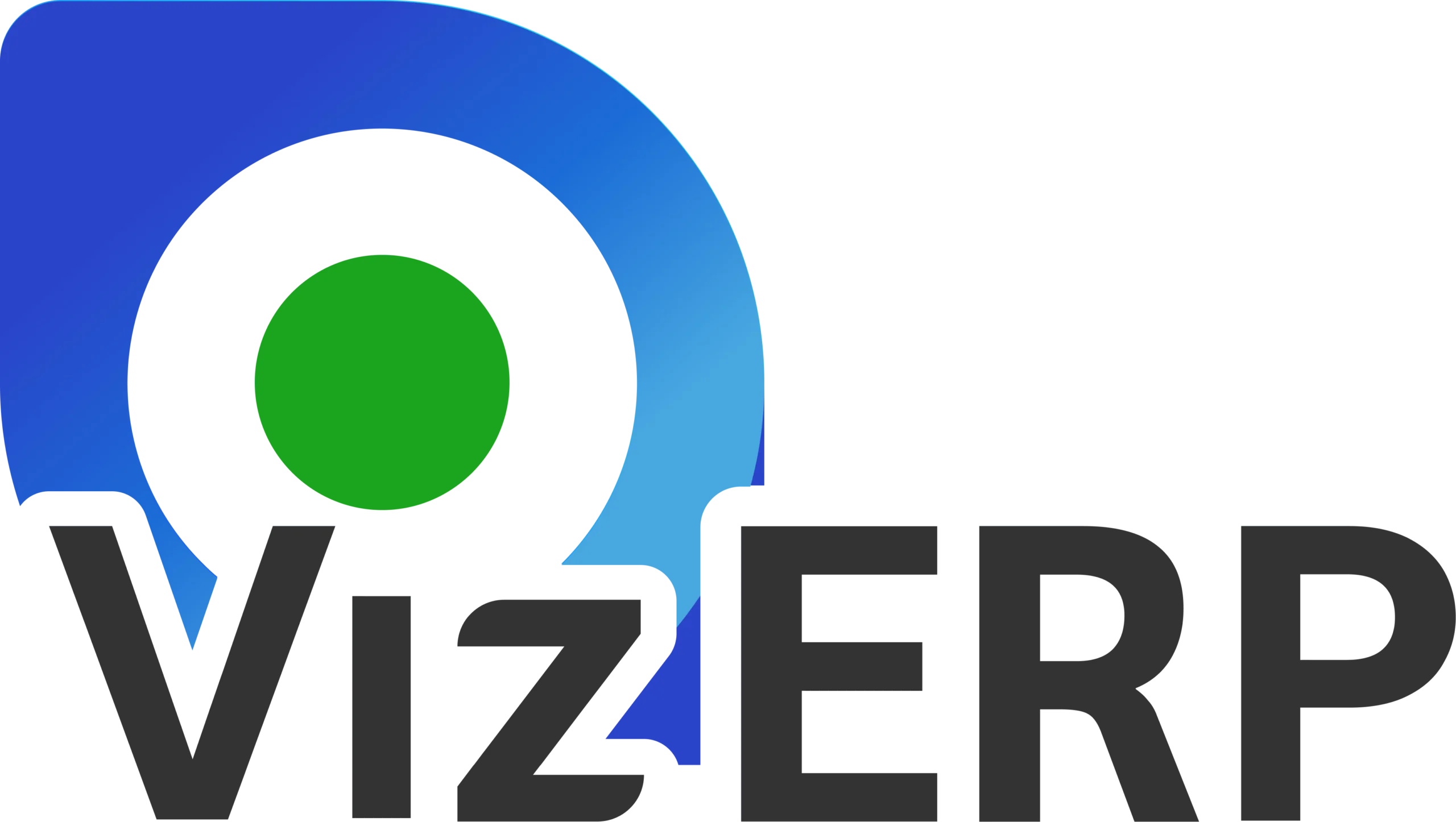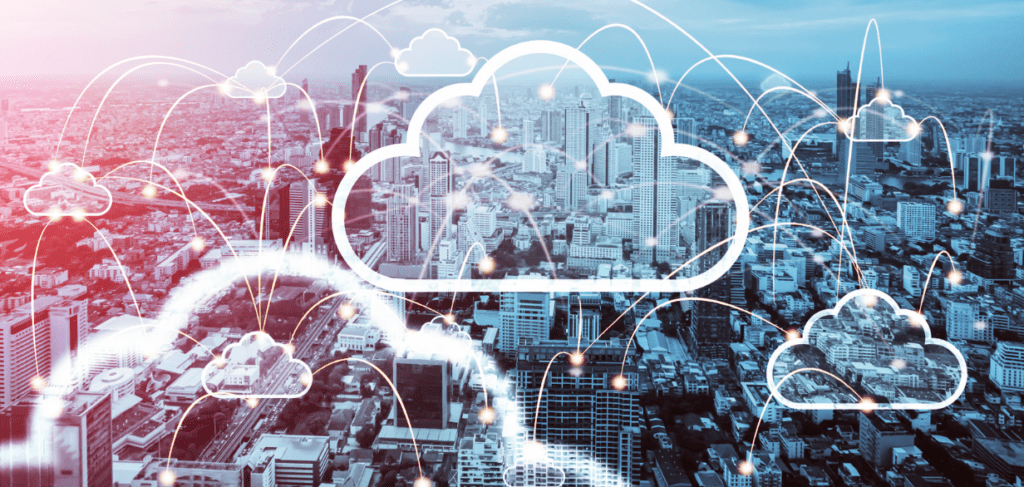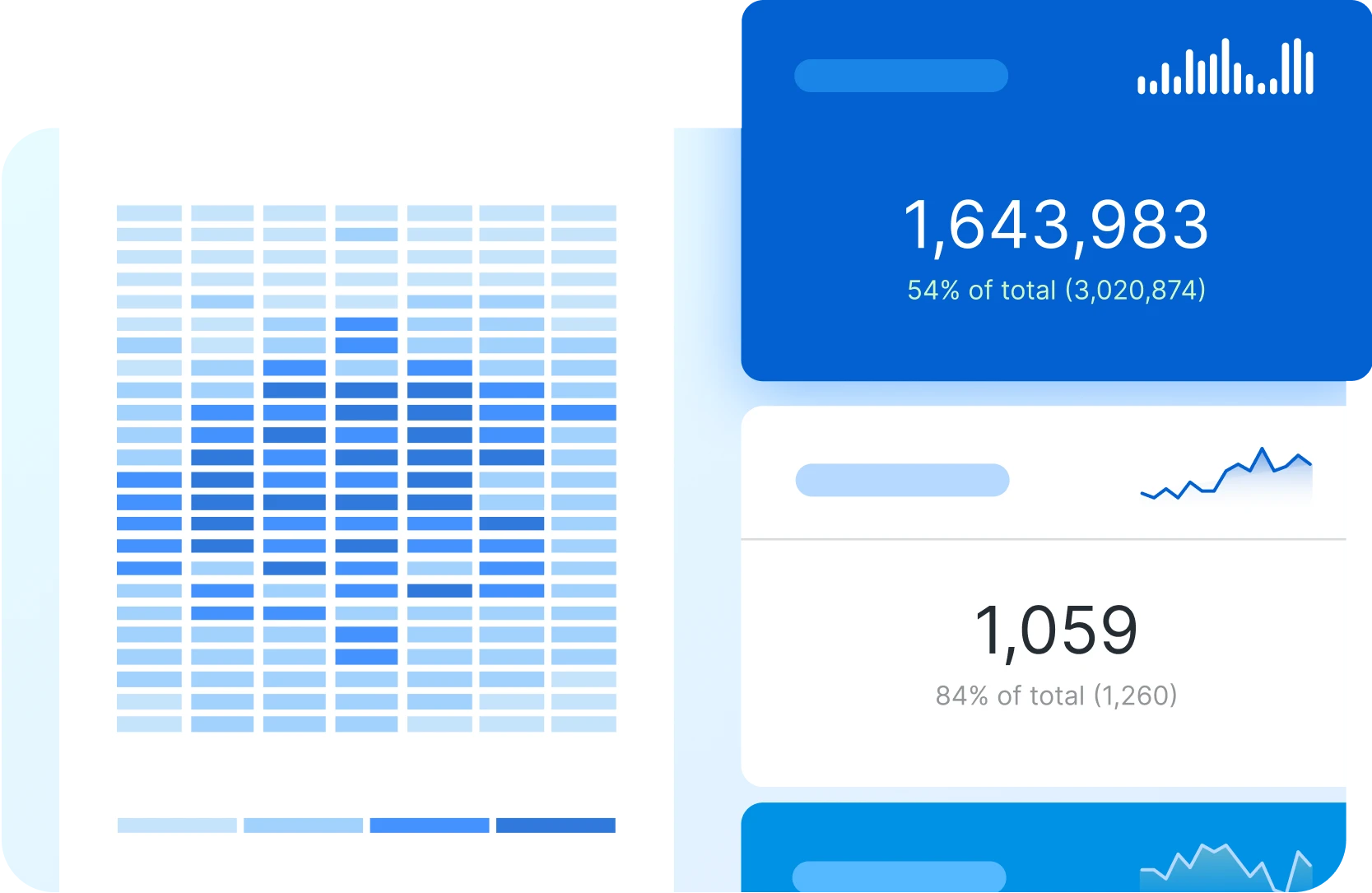For public sector organizations, the adoption of a new ERP system often raises concerns about compatibility with existing legacy systems. These organizations have typically invested significant time and resources into their current software infrastructure, making it crucial for any new solution to integrate seamlessly without causing disruption or necessitating expensive overhauls.
Seamless Integration with Legacy Systems
One of the primary advantages of a modern ERP system is its ability to integrate smoothly with a wide range of existing software and legacy systems. By emphasizing this capability, you can reassure decision-makers that they won’t need to abandon their current investments or undergo a costly and time-consuming overhaul of their IT infrastructure. Instead, your ERP system can work in tandem with what’s already in place, enhancing functionality while preserving the familiarity and reliability of legacy systems.
Seamless integration also means that public sector organizations can continue to use their existing data and processes without interruption. This minimizes the risk of downtime during the transition to a new system and ensures that essential services continue to operate smoothly. Highlighting this aspect can be particularly appealing to organizations that are wary of the potential disruptions that come with implementing new technology.
Interoperability Across Departments
Interoperability is key in the public sector, where multiple departments often need to share information and collaborate on various projects. A well-designed ERP system facilitates this by enabling different software systems to communicate with each other, regardless of the underlying technology. This ensures that data flows freely across departments, reducing silos and improving overall efficiency.
By stressing the ERP system’s interoperability, you can demonstrate how it supports cross-departmental collaboration, leading to more informed decision-making and better outcomes. For example, in a healthcare setting, interoperability might mean that patient data can be easily shared between clinical departments, administrative teams, and external partners, ensuring a more coordinated and effective approach to patient care.
Reducing the Complexity of IT Management
Integrating a new ERP system with existing systems can also help simplify IT management within public sector organizations. Rather than juggling multiple disparate systems, IT teams can manage everything through a centralized platform that provides a unified view of all operations. This reduces complexity, lowers the risk of errors, and makes it easier to maintain and update the organization’s technology stack.
Moreover, the ability to integrate with existing systems means that the ERP solution can scale as the organization grows or as new technologies are adopted. This future-proof approach ensures that the ERP system remains relevant and effective, even as the organization’s needs evolve.
Enhanced Data Security and Compliance
In the public sector, data security and regulatory compliance are paramount. By integrating with existing systems, a modern ERP solution can enhance data security measures across the organization. It can also help ensure that all systems comply with relevant regulations, such as data protection laws and industry-specific standards.
Highlighting the ERP system’s ability to maintain compliance and strengthen security through seamless integration can be a persuasive argument for decision-makers who prioritize these factors. Additionally, the system’s ability to provide a comprehensive, unified view of compliance status across all departments can help organizations stay ahead of regulatory changes and reduce the risk of non-compliance.
Conclusion: A Unified Approach to Technology
Incorporating a new ERP system doesn’t have to mean starting from scratch. By emphasizing the system’s ability to integrate with existing software and enhance interoperability, you can appeal to public sector decision-makers who value continuity and collaboration. A modern ERP system that seamlessly connects with legacy systems and facilitates information sharing across departments not only preserves existing investments but also drives greater efficiency and better outcomes. By reducing the complexity of IT management and enhancing data security, this approach ensures a smooth transition and supports the organization’s long-term goals.





